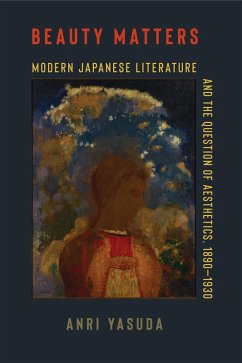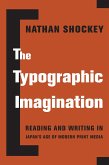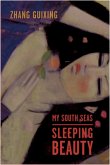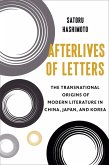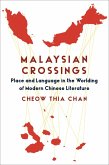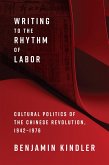The notion of beauty is inherently elusive: aesthetic judgments are at once subjective and felt to be universally valid. In Beauty Matters, Anri Yasuda demonstrates that by exploring the often conflicting yet powerful pull of aesthetic sentiments, major authors of the late Meiji (1868-1912) and Taisho (1912-1926) periods illuminated themes and perspectives that resonated broadly in modern Japanese society. This approach presents an alternative to conventional accounts in which Japanese literature before the modernist turn of the 1920s has tended to be defined by an insular focus on subjective representation and autobiographical realism.
Yasuda investigates how Natsume Soseki, Mori Ogai, Mushanokoji Saneatsu and his peers at Shirakaba magazine, and Akutagawa Ryunosuke sought to identify the aesthetic properties of literature through comparisons with the visual arts. They also considered the position of Japanese cultural sensibilities within the Eurocentric imperial world order. Their stories featuring painters and paintings weigh the fundamental challenge of representing anything when the conditions of knowledge are in flux, and their stories about cross-cultural encounters display both hope and ambivalence about the prospect of cosmopolitanism. Yasuda shows how thinking about beauty and art enabled these authors to surpass purely "literary" concerns. By tracing the wide-reaching significance of aesthetic affect in literary thought, Beauty Matters destabilizes received conceptions of literature's parameters and affirms literature's continued potential to intervene in cultural discourses in Japan and beyond.
Yasuda investigates how Natsume Soseki, Mori Ogai, Mushanokoji Saneatsu and his peers at Shirakaba magazine, and Akutagawa Ryunosuke sought to identify the aesthetic properties of literature through comparisons with the visual arts. They also considered the position of Japanese cultural sensibilities within the Eurocentric imperial world order. Their stories featuring painters and paintings weigh the fundamental challenge of representing anything when the conditions of knowledge are in flux, and their stories about cross-cultural encounters display both hope and ambivalence about the prospect of cosmopolitanism. Yasuda shows how thinking about beauty and art enabled these authors to surpass purely "literary" concerns. By tracing the wide-reaching significance of aesthetic affect in literary thought, Beauty Matters destabilizes received conceptions of literature's parameters and affirms literature's continued potential to intervene in cultural discourses in Japan and beyond.
Dieser Download kann aus rechtlichen Gründen nur mit Rechnungsadresse in A, D ausgeliefert werden.

